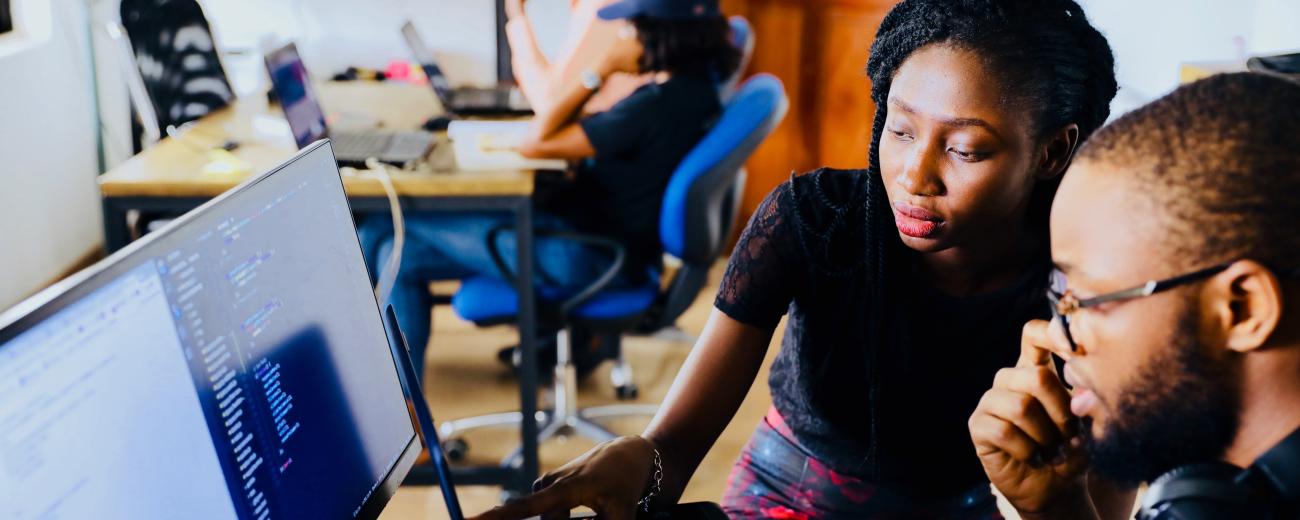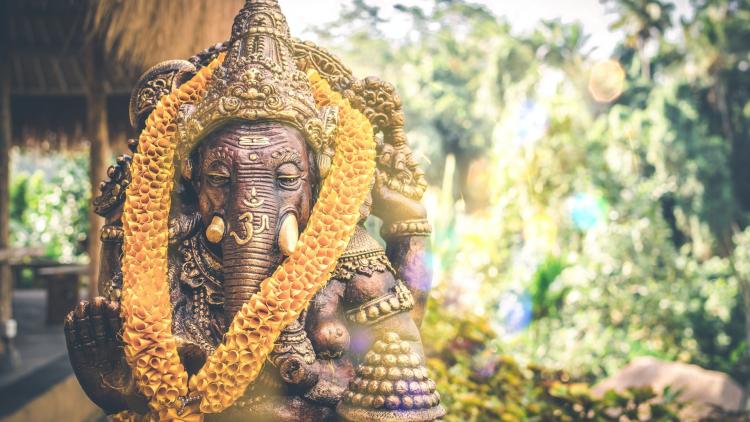How a Global Liberal Arts degree offers critical skills in the era of AI


Can an education rooted in humanities and social sciences give you the breadth of skills needed for a rapidly changing world? Lecturer Dr Ana Nenadović explores the skills most in demand from employers and how to obtain them.
Choosing the right educational path and university degree for you is exciting but can feel daunting. Rapid advancements in technology, discussions of human beings becoming obsolete at work, and ever-increasing economic inequalities do not make the decision any easier.
Nowadays, deciding your educational path needs to consider current and future developments. A possible answer to these problems might be a Liberal Arts education. It is a viable option focusing on acquiring the skills and knowledge to adapt to a rapidly changing world.
Global Liberal Arts is a skills-orientated education
A Liberal Arts education is neither linked to liberal politics nor the arts; instead, it is a type of education that focuses on a broad range of subjects, including the Humanities, Social Sciences, Fine Arts and can even include Natural Sciences.
It is designed to provide students with a holistic, well-rounded education and specific skills that emphasise versatility, creativity and adaptability. These skills include critical thinking, communication, empathy, analysis, creativity, teamwork, decision-making, resourcefulness and self-reflexivity. These are currently known as transferable skills or soft skills, although they might become hard skills in the not-too-distant future.
Kai-Fu Lee repeatedly emphasises the relevance of creativity, communication and compassion, a set of skills he calls the “critical skills for the era of AI”.
Most of these are human skills that technology, even the most developed AI technology, is unlikely to reproduce if we are to believe the estimate of Taiwanese computer scientist Kai-Fu Lee in his influential book AI 2041. Here, Kai-Fu Lee repeatedly emphasises the relevance of creativity, communication and compassion, a set of skills he calls the “critical skills for the era of AI”. As you might have figured out, these are precisely some of the skills you can obtain through a Liberal Arts education.
What skills do Liberal Arts students develop?
- Critical thinking and analysis
These are core skills acquired in the Humanities and Social Sciences through intensive engagement with critical theories, a variety of texts and media (written, oral, and visual), and discussions with lecturers and peers.
- Communication and teamwork
In class, whether in person or virtual, communication and teamwork skills become the basic tools of collaborative work and, therefore, are consistently included in the training.
- Empathy
Through text and media-based analysis and discussions, a variety of human experiences are studied. Different perspectives and approaches to this study deepen the student’s understanding of the diversity of human experience and, consequently, contribute to the student’s ability to feel empathy. In our understanding, empathy includes paying particular attention to social inequalities on individual and collective levels.
- Creativity and resourcefulness
These skills are not only present in a Liberal Arts education that includes training in the Fine Arts but are an integral component of most studies in the Humanities. They are consistently practised and further developed as an integral part of analysis and essay writing.
- Decision-making
Most Liberal Arts programmes, including the SOAS-based Global Liberal Arts programme, have a flexible structure that allows students to design their own individualised programmes. Decision-making and self-reflection become the skills students rely on for designing their programmes. What initially can seem like a challenge quickly becomes the essential motivation to develop individual decision-making processes that result from conscious reflections on one’s interests and aims.
- Self-reflexivity
This is not only encouraged as part of decision-making processes but becomes an integral component of a Liberal Arts education. Questions raised in Liberal Arts programmes can include prompts of “What is my place in the world?” to “How do I learn?” and “What are my aims in my education?”. The answers change progressively as students acquire new knowledge and experience.
Is Global Liberal Arts the right path for you?
If the acquisition of skills, along with specialist knowledge, are among your priorities, then perhaps a Liberal Arts education is the right path for you. No matter what turns the world takes, and how humanity develops in the future, as a Liberal Arts graduate, you will always be able to rely on this set of skills to navigate both your personal and professional life.
About the author
Dr Ana Nenadović is a lecturer in Global Liberal Arts at SOAS University of London. Her research interests reflect her personal interests and range from Feminist/Gender Studies to Literary/Cultural Studies, Hip Hop Studies and, most recently, AI from a decolonial perspective. She firmly believes that neither human beings nor creativity or empathy will become obsolete.

